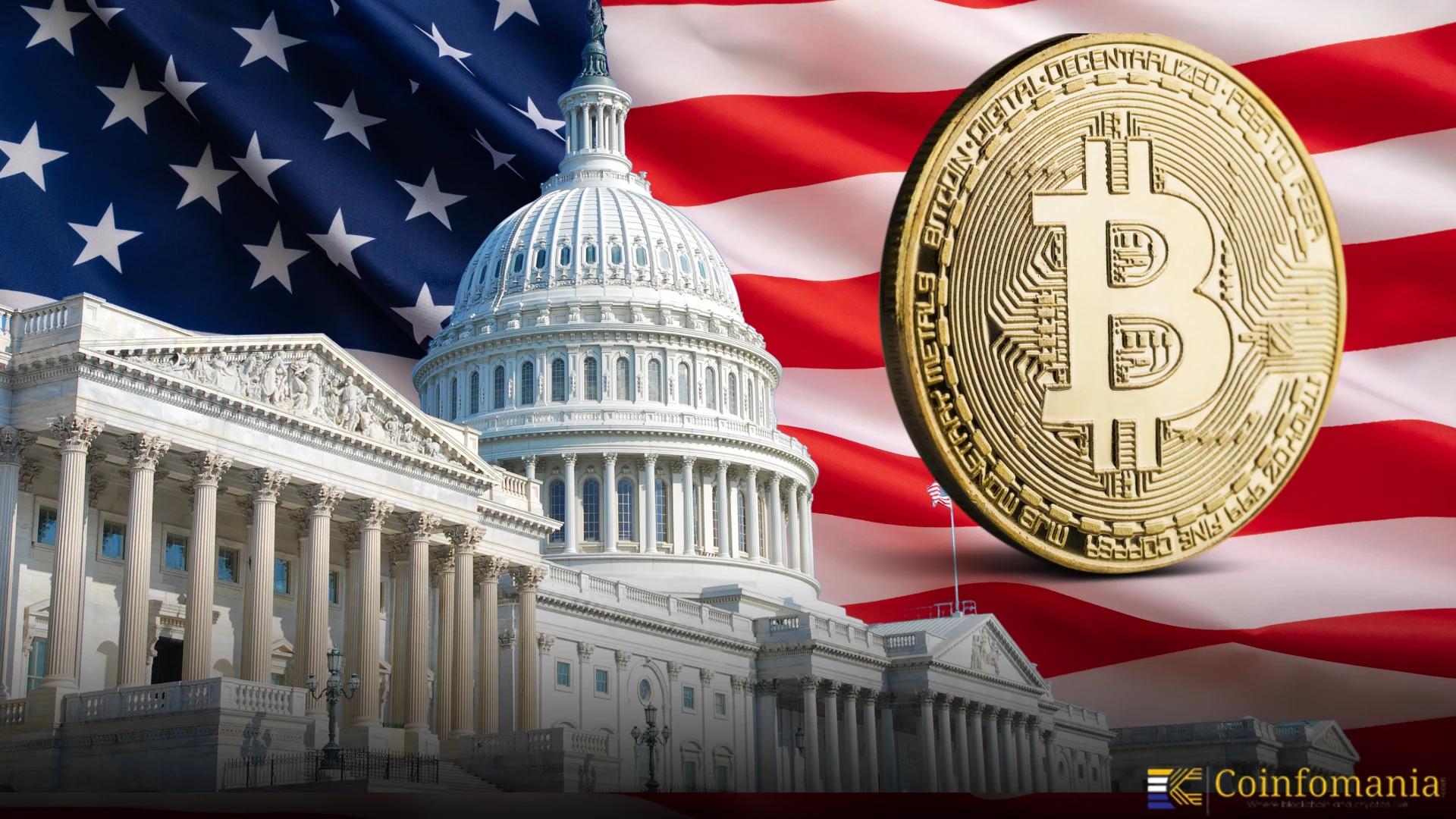US Treasury Exempts Bitcoin from 15% Corporate Minimum Tax
Let’s uncover how the US Treasury exempted Bitcoin and crypto from the 15% corporate minimum tax, reshaping global digital finance.

Quick Take
Summary is AI generated, newsroom reviewed.
US Treasury exempts Bitcoin and crypto from the 15% corporate minimum tax.
The move boosts investor confidence and signals government support for digital assets.
Institutional adoption of cryptocurrencies is expected to rise with clearer tax rules.
The exemption reduces compliance costs and fosters innovation in blockchain projects.
The US positions itself as a global leader in shaping crypto-friendly regulations.
The United States Treasury made a seismic decision to exempt Bitcoin and other crypto assets from the 15% corporate minimum tax. This decision reframes how digital assets will be taxed, and the overall financial products available, and signifies a shift in governmental philosophy. Companies in this asset class view this directly as a victory for innovation, business growth, and global competitiveness.
Bitcoin corporate tax exemptions are not just about numbers, they signify acknowledgement of policy. In exempting cryptocurrencies from a tax that generally applies to traditional corporations, the U.S. government conveys that it wishes to foster innovation rather than restrict it. For the greater crypto ecosystem, this decision offers some space for futuristic institutional investment while improving regulatory clarity.
The policy change comes at a pivotal moment as digital assets are becoming an increasingly prominent use case for global finance. Investors, institutions, and government policy-makers are closely observing the expanding crypto economy marketplaces. This U.S. decision paves the way for other sovereign countries who are thinking about how to address cryptocurrencies with a policy of regulation without restricting growth.
Why Bitcoin and Crypto Got Exempted
Because of their unique structure, the Treasury has decided to exclude digital assets from the 15% corporate minimum tax. Unlike a traditional corporation, most crypto projects operate, and value accrues to users, not a centralized corporation. A uniform rule would have created confusion and could have had the unintended outcome of disincentivizing adoption.
This marks an evolution in how regulators and policymakers view these entities, and shows that outdated tax regimes should not be obstacles to a healthy, technology-built financial ecosystem. It also signals US competitiveness for crypto businesses and investors, as well as developers.
Impact on the Crypto Market
The response from the market was enthusiastic right away. Bitcoin’s prices jumped immediately following the announcement, and many of the larger cryptocurrencies, including Ethereum and Solana, also gained traction. Analysts feel this is a clear reflection of renewed confidence in the US Treasury s crypto regulatory policies.
Institutional investors, who have been wary about investing because of the regulatory uncertainty, now feel more certain. With**the announcement of Bitcoin corporate tax exemptions, corporate and institutional adoption could soon lead to increased incidence of Bitcoin as a form of exchange. This could increase liquidity and improve market strength while allowing for deeper integration of digital assets into the existing finance system.
Boost for Innovation and Global Competitiveness
Removing digital assets from the corporate minimum tax is not merely a tax adjustment, it is a message to innovators. It allows start-ups and developers, particularly those in the digital currency community, to operate in a more conducive landscape, free from unproductive tax consequences. It paves the way for more blockchain-based products, services, and technologies to develop in the United States.
With this decision, the United States can also lead on digital finance. While countries build their own frameworks, they will undoubtedly follow the same American approach of balancing regulation and innovation. Increased regulatory opportunities could create a worldwide “crowd effect,” as governments begin considering and promoting legislation to be a competitive digital asset/firm destination.
What This Means for Investors and Businesses
The exemption is a relief for investors, because they can take comfort in knowing the government is not scheming to cripple Bitcoin or other crypto currencies, but rather is happy to allow growth within this industry. Blockchain and cryptocurrency-related businesses should also expect lower compliance costs, which can facilitate expansion. Banks and financial institutions also are likely to ramp up their involvement in digital assets. The clearer the tax picture, the more likely long-term investments will accumulate and larger-scale adoption will happen. When the clarity prevails regarding corporate tax for Bitcoin, we create an environment of stability, which is one of the factors necessary to instill confidence in investors.
The Future of Digital Asset Regulation
Although the exemption represents a significant victory, it nevertheless allows the government to continue regulating cryptocurrencies. The Treasury has reiterated that it will maintain its enforcement action with money laundering rules and securities regulations and investor protections. This twopronged regulatory approach will ensure consumer protections exist, while growing the industry.
As global markets react, one of the major questions is whether other major economies will adopt the US approach. Countries in Europe and Asia are debating their own versions of digital asset regulation. The US decision could serve as a catalyst for similar measures all over the globe, accelerating crypto adoption on a global basis.
Final Thoughts
The US Treasury’s ruling to exempt Bitcoin and other cryptocurrencies from the 15% corporate minimum tax is a monumental decision. It reinforces the evolving significance of digital assets in the global economy and represents the US’ commitment to encouraging innovation.
This will raise the confidence of investors, promote the institutional adoption to support it, and increase the competitive position of the US in the global race for digital assets. For Bitcoin and the digital assets and cryptocurrency markets as a whole, this exemption indicates a future where regulation and innovation can coexist.
Follow us on Google News
Get the latest crypto insights and updates.


